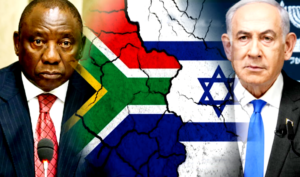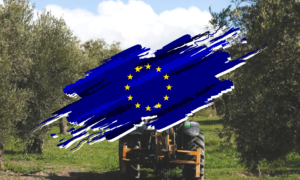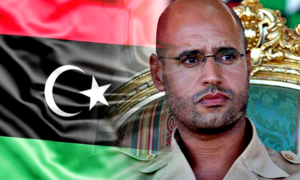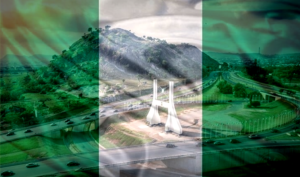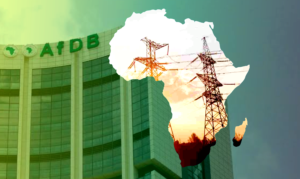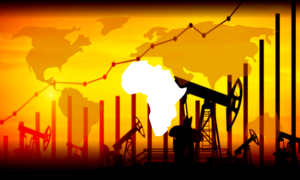France at a Crossroads: Macron, Africa and the Weight of a Fading Empire – by Prof. PLO Lumumba (An Excerpt)
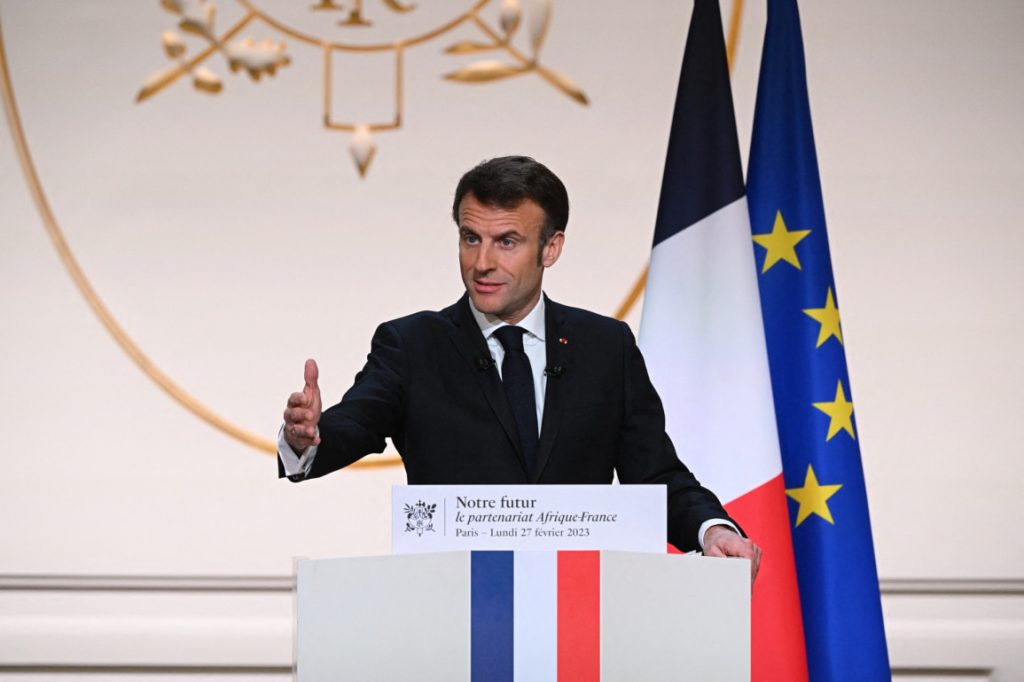
When Prof. P.L.O. Lumumba speaks, his words often carry the cadence of history and the urgency of the present. In a recent lecture, the renowned Kenyan lawyer and pan-African thinker turned his gaze toward France and its embattled president, Emmanuel Macron. His warning was stark: Macron, a symbol of France’s contradictions, may soon find himself at the end of a political road shaped as much by Africa’s defiance as by Europe’s disarray.
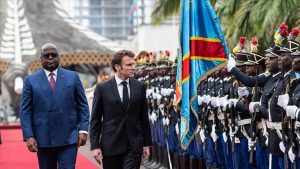
At its core, Lumumba’s argument is not just about one man or one presidency. It is about France itself, her colonial past, crumbling influence in Africa, strained alliances in Europe, and the social fractures within its own borders. A nation haunted by empire-drive syndrome.
France’s history is inseparable from the colonial project. From Indochina to West Africa, the French empire once stretched across continents, extracting resources and imposing institutions designed to ensure long-term dependence.
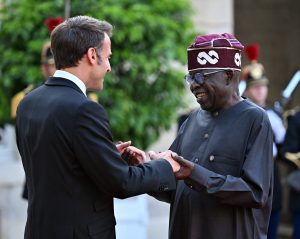
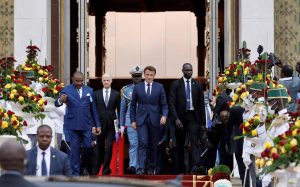
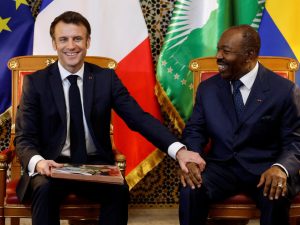
Lumumba points to 1958, when Charles de Gaulle’s referendum offered a carefully staged “choice” to African colonies: accept nominal independence within France’s orbit, or face isolation. Only Ahmed Sékou Touré’s Guinea rejected the offer. An act of defiance met with crippling punishment from Paris.
That referendum, Lumumba argues, revealed France’s intention never to truly let go. Independence became a shell, as neocolonialism flourished through mechanisms like the CFA franc, resource concessions and La Francophonie.
Today, this past casts a long shadow. In Mali, Burkina Faso and Niger, military juntas have not only overthrown civilian governments but also torn up agreements with Paris, cutting off uranium supplies, expelling French troops and turning toward Russia and China. Existentially for France, the loss is more than economic power.
Presently, Macron appears as a President under siege. When Emmanuel Macron swept into office in 2017, he cast himself as a reformer and visionary. A leader who would modernize France and reinvigorate Europe. Yet, six years later, he faces collapsing approval ratings, mass protests and a resurgent far-right.
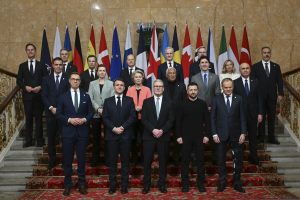
Domestically, Macron grapples with widening inequality, labor unrest and simmering tensions around immigration. France’s large communities of Algerian, Senegalese and Ivorian origin, appear to be products of colonial history. Which are at once integral to the nation and scapegoated in political rhetoric. The far-right, led by Marine Le Pen, has capitalized on this resentment, painting immigrants as threats to dwindling resources and national identity.
Internationally, Macron has positioned himself as Europe’s chief strategist, especially during the war in Ukraine. He has called for European “strategic autonomy” while simultaneously aligning closely with NATO. His bellicose language toward Russia, Lumumba argues, reflects an attempt to reassert France’s global role at a moment when its power is waning.
But the contradictions are glaring. France is weaker within Europe than it believes. She is economically constrained at home and diplomatically sidelined abroad. Macron, Lumumba suggests, is skating on “very thin ice.”
Africa, sustainably pushing back. Nowhere are France’s contradictions more visible than in Africa. From the Sahel to the Gulf of Guinea, a wave of anti-French sentiment has risen, fueled by decades of resentment over economic dependence and political interference. Young people in Bamako, Niamey and Ouagadougou no longer chant for “partnership”. They demand sovereignty.
Lumumba highlights how these countries are rejecting French dominance. Discarding the CFA franc, questioning the place of French as an official language and seeking partnerships with Russia, China and Turkey.
The symbolism is powerful. The children of France’s former colonies are no longer content to live within a neocolonial framework. And in France itself, their descendants, the Algerian-French, the Senegalese-French, the Ivorian-French. These transcultural integration are reshaping politics, ethos and identity.
Yet, this very diversity is also weaponized by far-right movements, who warn of an “invasion” of immigrants. Macron’s policies, seen by critics as tough on immigration and security, risk strengthening these forces rather than neutralizing them.
The geopolitical gamble expresses that France’s anxieties are not confined to Africa alone. The war in Ukraine has become a proxy for Europe’s own crisis of identity. While the US vacillates in their position concerning the matter, with Donald Trump who had once quipped that the Atlantic Ocean shields America from Europe’s wars, France and the UK have pushed NATO to escalate.
![]()
Lumumba warns of a dangerous game. By framing Russia as an existential threat and urging confrontation, Macron and other European leaders risk dragging their aging populations into a conflict with unpredictable consequences. The specter of nuclear escalation looms large. “The rhetoric of war,” Lumumba argues, is being used to unify the home front, to distract from domestic crises. But war has no logic once unleashed. It acquires a life of its own.
Beyond the immediate crises, Lumumba situates France’s struggles in the broader shift toward a multipolar world. The BRICS bloc, the G20 and the “Global South”, are challenging Western dominance with new economic and political alliances. Former colonial powers, France, Britain even the United States, can no longer dictate global rules. Their institutions, from NATO to the Commonwealth and La Francophonie, are losing relevance.
This transition is especially a painful position for France. It clings to past influence even as the ground shifts beneath its feet.


